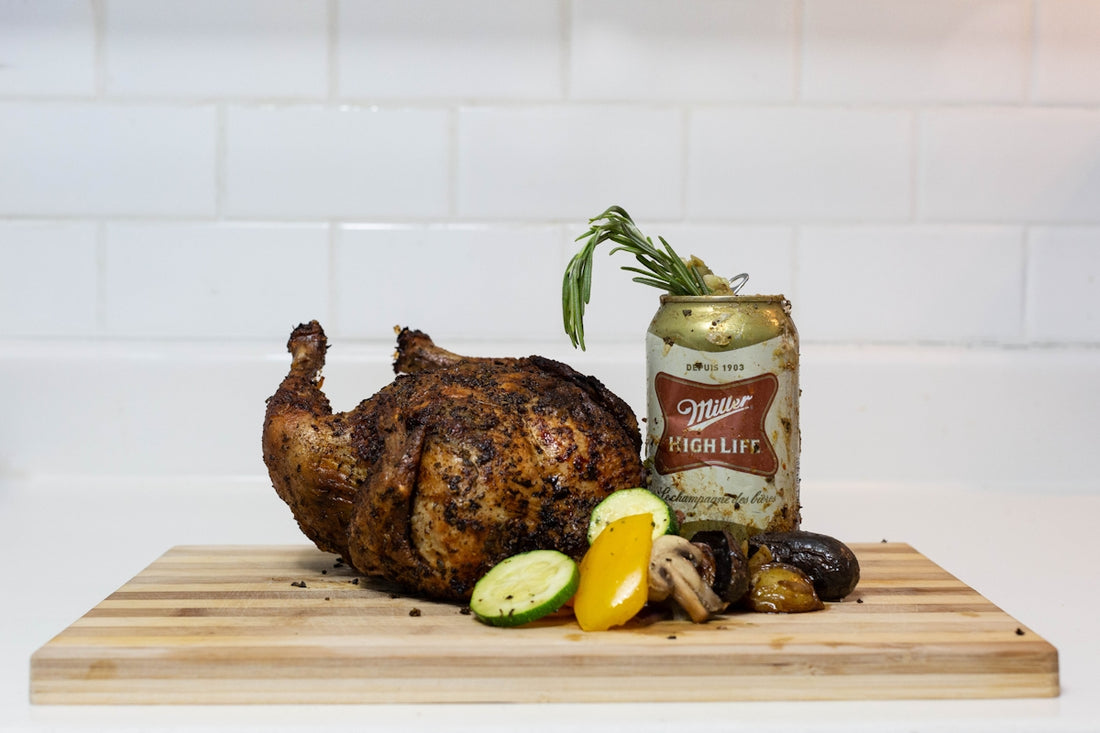
A Detailed Guide to Selecting the Perfect Chicken Breed
Share
Choosing the right chicken breed for your backyard or small farm is a crucial decision that impacts the livelihood of your poultry setup. Whether you're new to raising chickens or a seasoned veteran, understanding the characteristics of different breeds can help you select the perfect chickens to meet your needs.
Understanding Your Purpose
Before diving into the specifics of chicken breeds, it's essential to clarify why you want to raise chickens. Are you aiming for fresh eggs, meat, companionship, pest control, or perhaps a mix? Here are some common goals:
- Egg Production: If your primary purpose is egg production, breeds like the Australorp, Rhode Island Red, or Leghorn are prolific layers.
- Meat Production: Cornish Cross or Jersey Giant might be the choice for meat.
- Dual Purpose: Some breeds, such as Orpington or Sussex, are great for both eggs and meat.
- Pet or Ornamental: For those interested in having chickens as pets or for their aesthetic value, Silkies and Polish are popular options.
Understanding your priority will significantly narrow down your breed options.
Factors to Consider
Once you have identified your primary goal, consider the following factors when selecting a breed:
Climate Adaptability
Chickens are hardy creatures, but some breeds fare better in certain climates. Consider the following:
- Cold Climates: Breeds with small combs like Wyandottes and Brahmas are better suited for colder regions as they are less prone to frostbite.
- Hot Climates: Mediterranean breeds such as Leghorns and Minorcas thrive in warmer areas due to their light body structure.
Temperament and Behavior
Choosing a breed with a temperament that suits your family or farming setup is crucial. Here are some personality traits to consider:
- Docile and Friendly: Breeds like Orpingtons and Cochins are known for their friendly and calm disposition, making them great for families with children.
- Active Foragers: Breeds like Leghorns and Anconas are active and enjoy foraging.
Space and Environment
Some breeds require more space than others. Consider the following:
- Compact Breeds: Bantams are smaller and require less space, making them ideal for urban settings.
- Free-Range Enthusiasts: Larger breeds like Plymouth Rocks enjoy free-ranging and need more space to roam.
To safely house your poultry, consider investing in a quality chicken house. The Mobile Chicken House with Wheels, Outdoor Hen House with Nesting Box is a versatile option that offers mobility and efficient space usage.
Egg-Laying Habits
For egg production, consider:
- High Egg Yield: Leghorns and Australorps are known for their high-volume egg production.
- Colored Eggs: If you're interested in different egg colors, Araucanas and Ameraucanas lay blue eggs, while Marans lay dark chocolate brown eggs.
Maintenance and Care Requirements
Consider the following for ease of maintenance:
- Low Maintenance: Reliable layers like Rhode Island Reds are hardy and require minimal care.
- Special Care: Ornamental breeds sometimes require extra grooming or protection due to their feathers.
A convenient way to ensure your hens have a comfortable laying place is with the 6-Compartment Metal Chicken Nesting Box – Roll Away Laying Box, which optimizes egg collection and reduces waste.
Top Chicken Breeds for Beginners
If you're new to chicken keeping, the following breeds are excellent for beginners due to their hardy nature and ease of care:
- Rhode Island Red: Known for versatility and excellent egg production.
- Plymouth Rock: A dual-purpose breed with a calm demeanor.
- Australorp: Famous for its prolific egg-laying capability.
For those starting with a larger flock or who need more freedom for their chickens, the XXL XL Walk-In Chicken Run – Heavy Duty Metal Outdoor Coop offers a spacious enclosure suitable for keeping chickens safe.
Consideration for Experienced Keepers
For those looking to expand and diversify their flock:
- Silkie: For ornamental purposes, these chickens are fluffballs and are popular as pets.
- Brahma: Known for their large size and feathered feet, ideal for both meat and egg production.
To maintain precise control over your flock’s growth, especially if breeding is part of your plan, a 9-15 Egg Automatic Incubator – Digital Temperature Control can be an invaluable tool.
Feeding and Nutrition
No matter the breed, all chickens require a balanced diet to keep them healthy and productive. A quality feeder reduces waste and ensures your chickens have access to food at all times. Consider a Galvanized Steel Poultry Feeder – No Waste to efficiently dispense feed and minimize spillage.
Conclusion
Selecting the perfect chicken breed is undoubtedly a rewarding journey, impacting both the productivity and joy of your poultry raising experience. Evaluate your needs, environment, and resources, and use these insights to choose chickens that will thrive in your specific circumstances. For further resources and products to support your chicken-raising ventures, visit our website.
By understanding breed-specific traits and matching them to your circumstances, you'll be on your way to raising a happy and productive flock. Happy chicken keeping!
